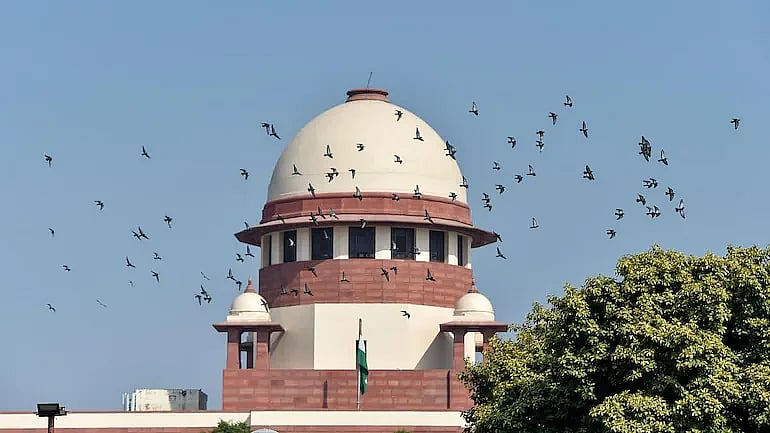NEW DELHI: The Supreme Court on Friday refused to dilute conditions for providing reservation in promotion to Scheduled Castes and Scheduled Tribes in government jobs.
The court observed that it cannot lay down new yardstick for determining adequacy of representation of Scheduled Caste/ Scheduled Tribes communities as the criteria are already specified in the Constitution Bench decisions.
The Supreme Court also left it to the State to assess the inadequacy of representation of SCs/STs in promotional posts by taking into account relevant factors. ‘‘We have held we cannot lay down any yardstick to determine inadequacy of representation. State is obligated to collect quantifiable data regarding SC/ST representation. We have left it to state to assess yardstick to determine inadequacy of representation of SC/ST," the court held.
The bench headed by Justice L.Nageswara Rao also said the collection of quantifiable data is mandatory for evaluating the inadequacy of representation after completing a periodic review. The review period should be determined by the Central government.
The court also said the collection of information regarding inadequacy of representation of SCs/STs cannot be with reference to the entire service or class but it should be relatable to grade/category of posts to which promotion is sought.
Therefore, 'cadre' should be considered as unit for collection for quantifiable data and not the entire service.
With regard to proportionate representation and test of adequacy, the top court said it has not gone into this aspect and it has left it to the states.
The criteria for providing reservation in promotion were laid down in the Constitution bench decision of M Nagaraj (2006) and Jarnail Singh (2018). Subsequently, several petitions were filed by different States which had moved the top court seeking clarifications on the Nagaraj judgment.
In the Nagaraj judgment, which was rendered by a 5-judge Constitution Bench, the Supreme Court had upheld grant of reservation in promotions for SC/ST communities. However, it had laid down the following three conditions to be satisfied for States to extend such reservations:
- State should show backwardness of the class which is being granted reservation;
- The Inadequacy of representation of such class in the service; and
- Compliance with Article 335 of the Constitution of India which provides that reservation should be taken into consideration, consistently with the maintenance of efficiency of administration.
The three-judge Bench headed by Justice L.Nageswara Rao also held that the Nagaraj judgment would have a prospective effect.
It also struck down a 2019 judgment passed by a Bench led by Justice D Y Chandachud as "bad in Law," noting that "the conclusion of this court in B K Pavitra II judgement with regard to collection of quantifiable data is in contradiction to the Nagaraj judgement."





.png)



